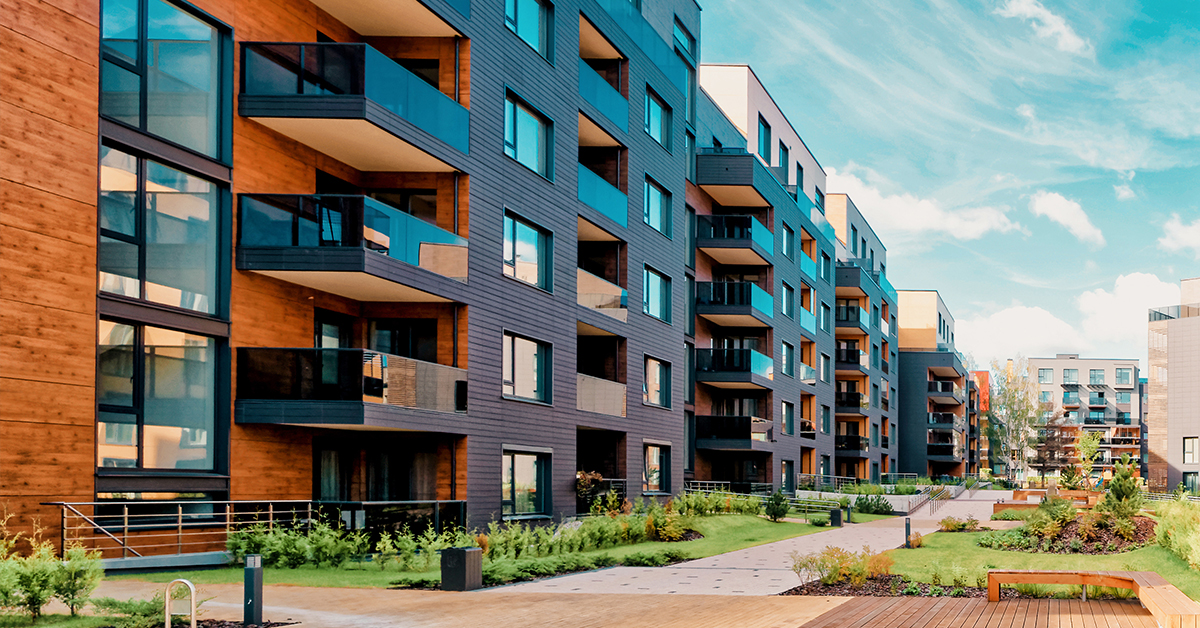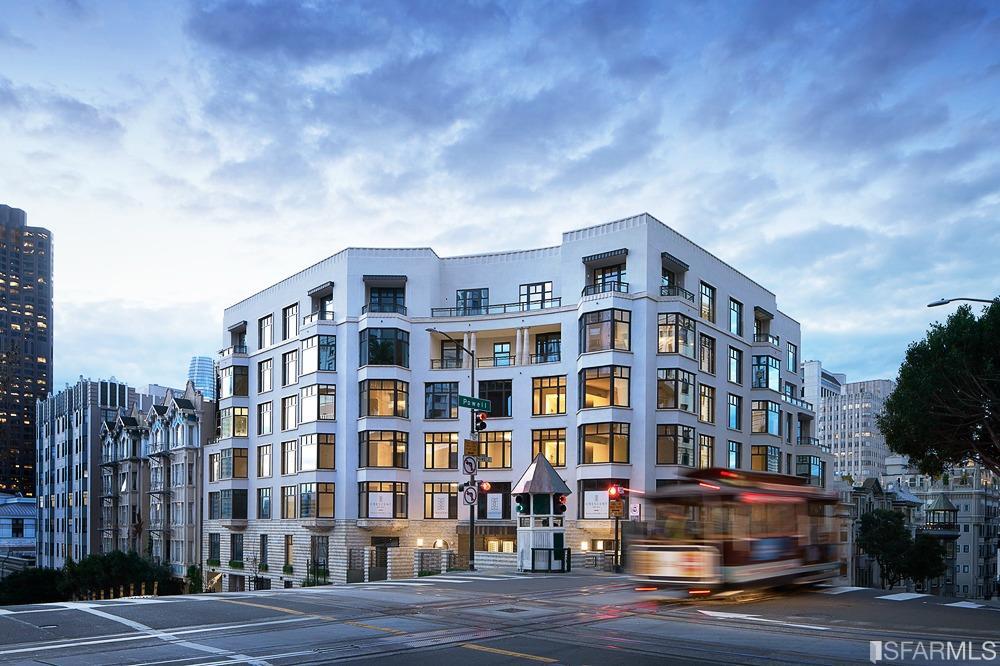The Advantages of Investing in an HOA Condo
The Advantages of Investing in an HOA Condo
Blog Article
The Role of an HOA in Establishing and Enforcing Area Standards for Residents
The function of a Homeowners Association (HOA) in applying and developing neighborhood guidelines is essential to preserving a natural and organized domestic setting - hoa condo. By formulating clear guidelines that regulate facets such as home maintenance and community conduct, the HOA not only establishes criteria for homeowners yet likewise cultivates a sense of belonging and responsibility. Nevertheless, the execution of these guidelines can present various difficulties, questioning about area, fairness, and communication involvement. As we explore these complexities, it comes to be obvious that the effect of an HOA extends much beyond plain policy enforcement.
Understanding Homeowners Organizations
Homeowners associations (HOAs) work as regulating bodies for household areas, playing an important duty in preserving property worths and promoting a sense of community. Generally created by designers, HOAs are made up of homeowners within a marked area that choose a board to manage the association's tasks. The primary functions of an HOA consist of enforcing area regulations, handling usual locations, and arranging area occasions.
HOAs run under a set of regulating documents, including agreements, limitations, and conditions (CC&R s), which detail the civil liberties and duties of property owners. These laws aim to guarantee that properties are kept to a particular requirement, therefore securing the aesthetic appeal and general value of the neighborhood. Additionally, HOAs commonly accumulate fees from homeowners to fund maintenance, landscaping, and other neighborhood services.
The presence of an HOA can considerably affect the living experience within an area (hoa condo). While some homeowners appreciate the structured setting and features provided, others may locate specific guidelines restrictive. Balancing the interests of all property owners is crucial for an HOA to function efficiently, making sure that it offers its desired function of enhancing area living while appreciating private property owner civil liberties
Establishing Community Standards

To begin, an HOA ought to conduct surveys or convene that permit locals to articulate their pointers and problems. This participatory procedure fosters a sense of possession and boosts conformity. Next, the HOA board need to evaluate the responses to determine common themes and top priorities that warrant official addition in the guidelines.
It is also vital to guarantee that the standards are clear, succinct, and quickly recognized. Uncertainties can bring about misunderstandings and disputes, weakening the function of the standards. Moreover, the guidelines ought to be comprehensive, covering various facets of community living, consisting of building maintenance, sound levels, and use usual areas.
Enforcement of Policies
Effective enforcement of community regulations is crucial for keeping order and making sure that all homeowners adhere to the established standards. An HOA should execute an organized approach to enforce these policies, which commonly involves a mix of surveillance, interaction, and fines for non-compliance.
First, routine inspections and neighborhood patrols can help identify violations, making sure that guidelines are consistently applied throughout the area. This aggressive monitoring enables the HOA to deal with problems prior to they escalate, cultivating a sense of liability among homeowners.
2nd, clear communication is crucial. Residents should be educated of the rules and the procedures for reporting violations. An article open line of communication encourages citizens to voice problems and seek information on standards, which can enhance conformity.

Finally, when infractions take place, the HOA should implement repercussions as outlined in the controling records. This might include warning letters, penalties, or, in severe instances, lawful action. It is necessary that charges are applied fairly and consistently to keep count on within the area. By efficiently imposing regulations, an HOA can cultivate an unified living environment that shows the cumulative values of its citizens.
Advantages of HOA Regulations
Countless benefits emerge from the application of HOA policies, which serve to boost the lifestyle within a community. One primary benefit is the upkeep of home values. By enforcing requirements for aesthetics and maintenance, HOAs make certain that homes and typical areas continue to be attractive, promoting a desirable living environment that can lead to boosted building worths gradually.
Additionally, HOA laws advertise uniformity and harmony within the neighborhood. This coherence in style and upkeep assists to create a feeling of belonging amongst locals, contributing to area pride and a positive atmosphere. Furthermore, established guidelines assist in problem resolution among neighbors by supplying clear assumptions and methods for actions, consequently reducing disagreements.
One more significant advantage is the stipulation of common features and solutions. Many HOAs manage area facilities such as parks, swimming pools, and clubs, which improve entertainment chances for residents. These services not just enhance the lifestyle but additionally encourage social interaction.
Ultimately, the policies stated by an HOA grow an efficient, harmonious neighborhood, ensuring that homeowners appreciate a high standard of living while promoting an encouraging environment for all house owners.
Typical Difficulties Encountered by HOAs
Amidst the benefits that house owners associations (HOAs) can provide, they also run into a selection of difficulties that can prevent their effectiveness. Many homeowners may not get involved in meetings or area tasks, leading to a separate in between the HOA board and residents.
An additional difficulty is the look at here now enforcement of laws and guidelines. Conflicts can develop when homeowners feel that enforcement is inconsistent or prejudiced, potentially leading to conflicts within the community. Additionally, HOAs commonly face monetary restraints, which can limit their ability to maintain common areas or fund area jobs. This can produce frustration amongst residents who anticipate high standards of maintenance.
Moreover, browsing legal complexities can be daunting for HOAs. They should ensure compliance with state laws while managing their very own governing records, which can be a source of complication. Transforming demographics and advancing area needs need HOAs to adapt their standards, typically meeting resistance from enduring homeowners who are accustomed to traditional norms. Attending to these difficulties is vital for fostering a unified and thriving community.
Verdict

By creating clear rules that regulate elements such as property upkeep and community conduct, the HOA not just establishes requirements for residents yet likewise cultivates a sense of belonging and liability.Homeowners associations (HOAs) offer as regulating bodies for property communities, playing an essential function in maintaining residential property values and fostering a feeling of area. Several house owners might not take part in meetings or area activities, leading to a detach between the HOA board and citizens. Altering demographics and advancing community needs need HOAs to adjust their standards, frequently meeting resistance from long-lasting residents who are accustomed to traditional norms. Through the growth of clear policies and constant enforcement, HOAs promote building maintenance, area satisfaction, and count on among residents.
Report this page